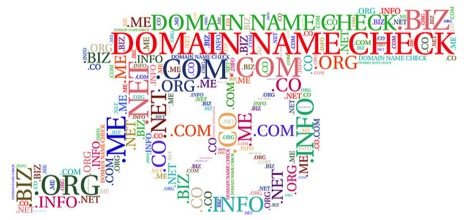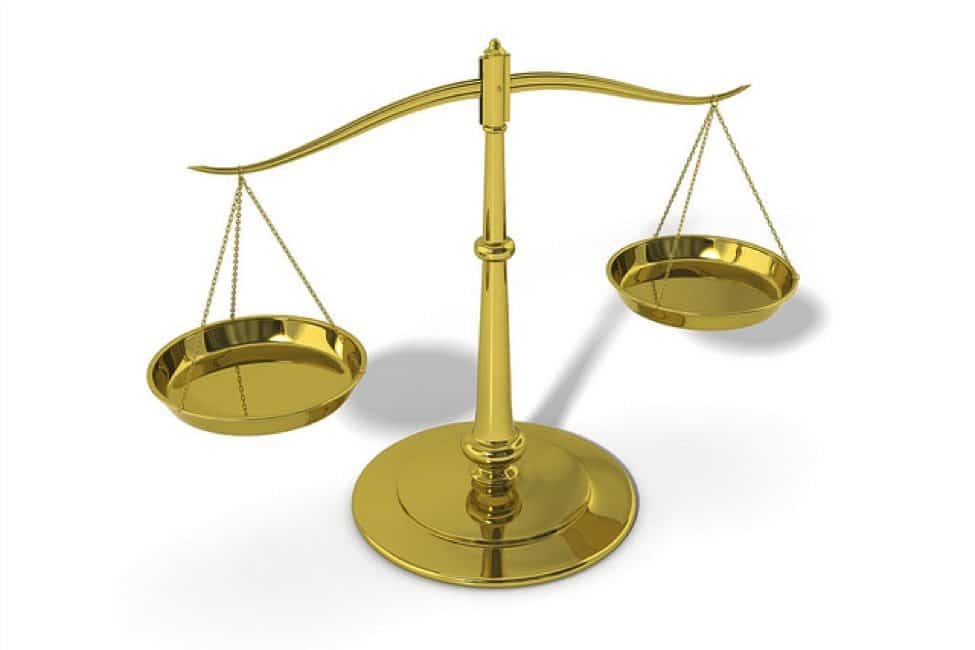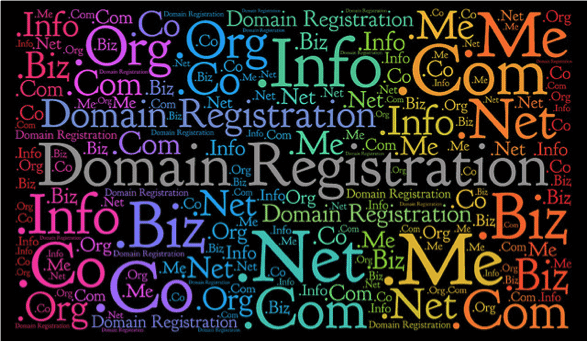
An Overview of Cybersquatting Laws
Consider the following scenario: You’re a successful business owner, and you have a customer base that’s expanding daily. Recently, you decided it’s time to start a website to continue growing your business, but when you try to register your trademark as your domain name, you find out someone else already owns it. Without warning, you […]
Read more about An Overview of Cybersquatting Laws



